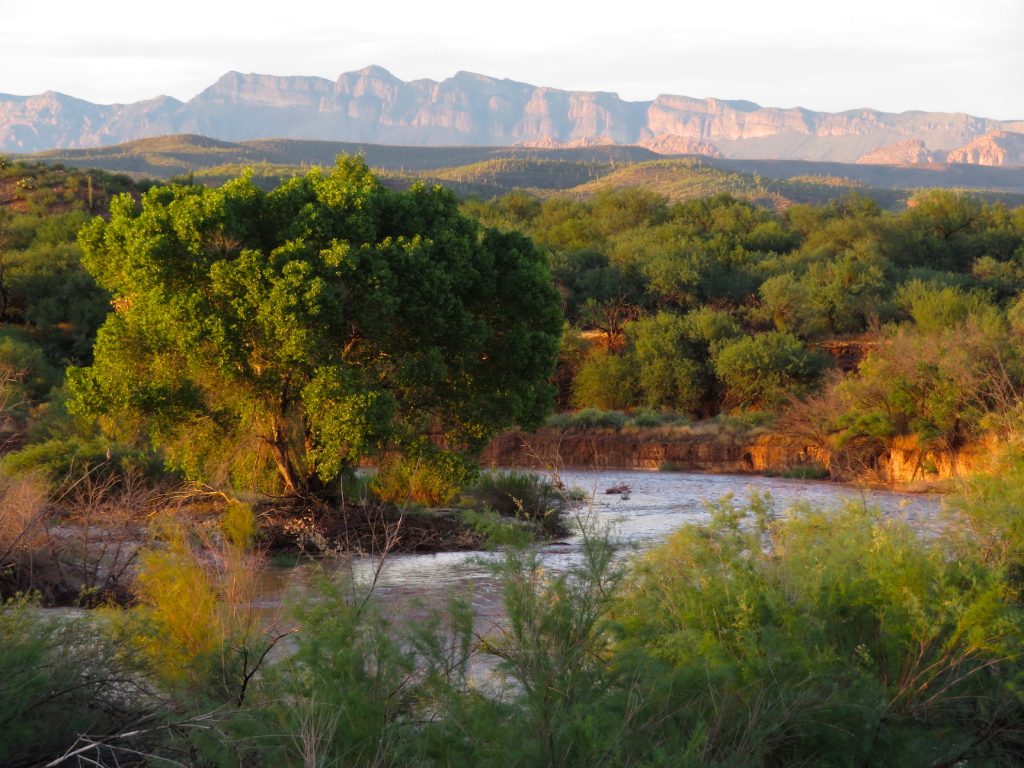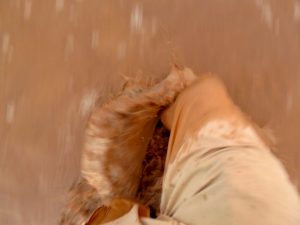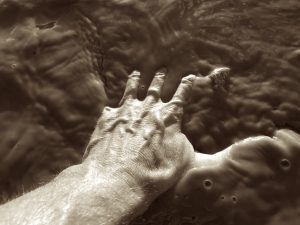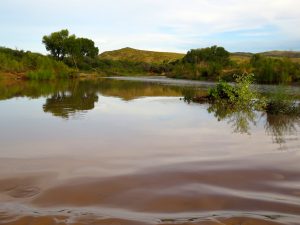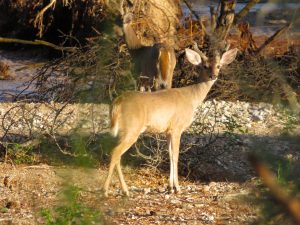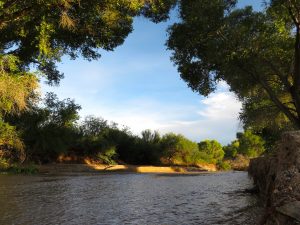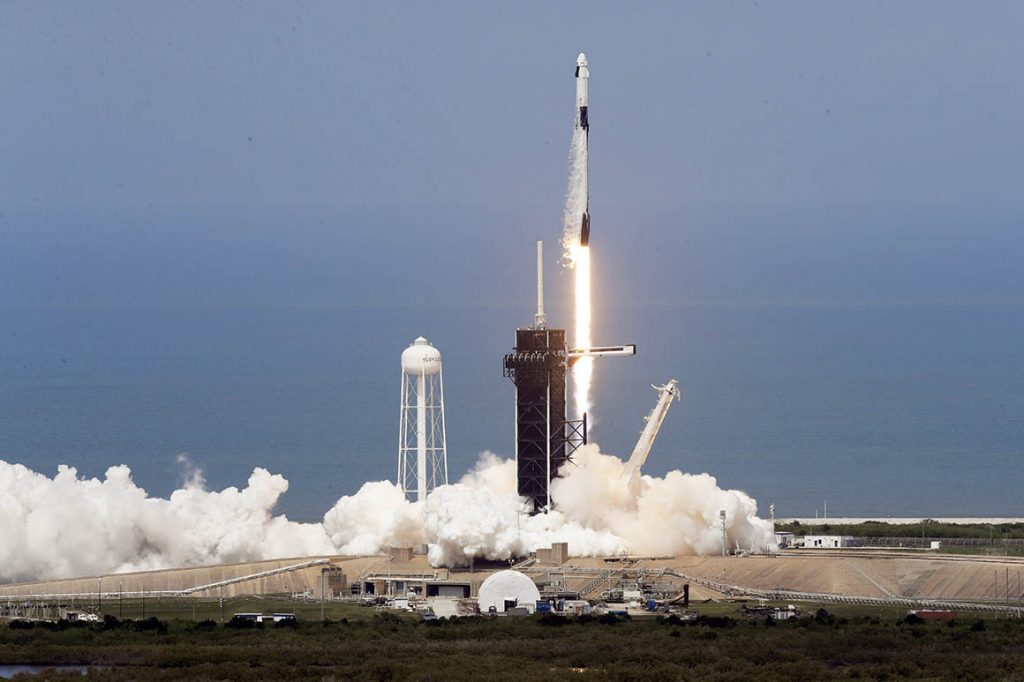Hope
I rise to the news of our forests burning.
The two degrees they warned us about already surpassed.
It’s happening faster than expected, the models too slow.
It’s already too late, the ice is melting.
I don’t know how to do this, this thing called hope.
I am suffocated by the lies that go viral,
by the pain we call the news.
How am I suppose to find hope in tomorrow,
When the future is burning, everything in flames.
